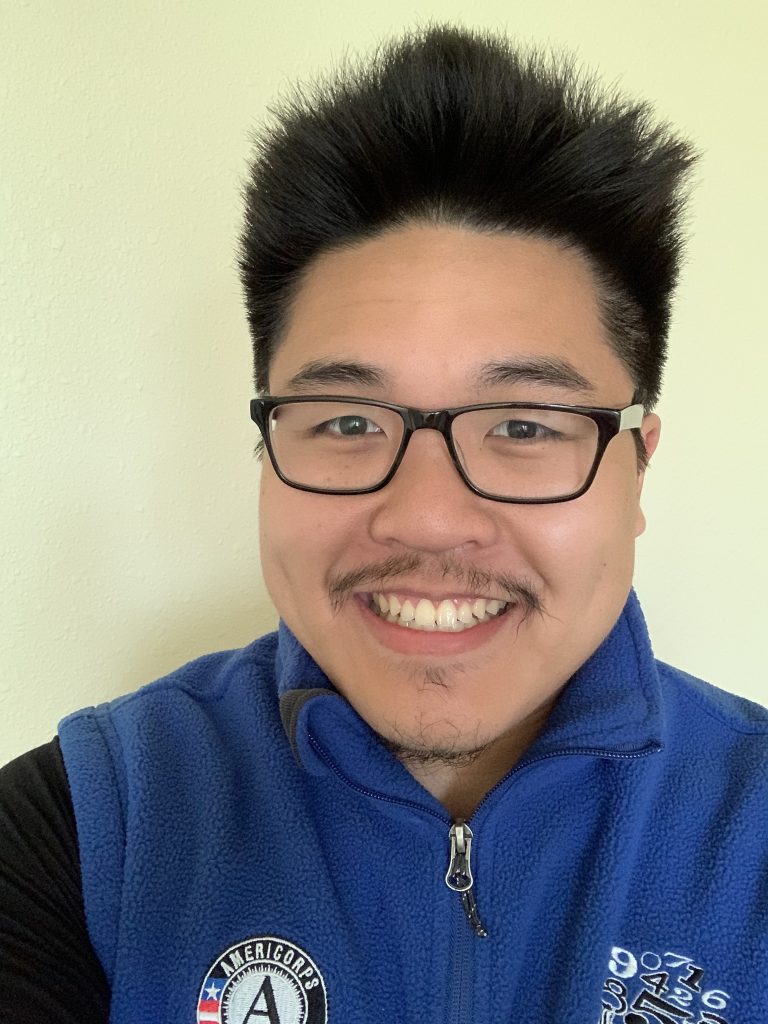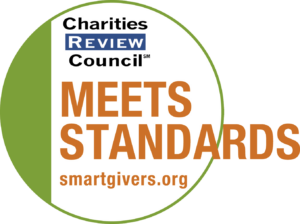Johnny Sanasinh tackles everything with enthusiasm. After graduating in 2020 from St. Olaf College in Northfield with degrees in music and physics, and not getting into graduate school, he went home to Iowa to spend the pandemic summer thinking about what to do next. He knew about AmeriCorps from a friend who’s a member, so when he came across an online ad for Math Corps members, it felt like a great fit — today, he tutors more than 20 students in grades 4 through 8 at Spring Grove Public School.
Q. What drew you to Math Corps?
A. I was a teaching assistant in physics classes at St. Olaf, and that was really fun — I enjoyed answering questions and grading. More than that, though, I had figured out something in college that I wanted to share. I had some narratives placed on me that I needed to deconstruct, and I wanted to help kids break out of the “I’m bad at math” narratives that had been placed on them. Being a TA also taught me how to communicate with others and help them learn at whatever rates and in whatever ways work for them.
Q. What’s it been like to serve during a pandemic?
A. We’ve been really lucky: We were in person for most of the school year. I also had some virtual students during times of quarantine, so we used a hybrid model. It was a lot of changing gears — it kind of felt like driving a manual car! I knew how to work everything from virtual learning at St. Olaf, so that helped me know what would make sense.
Q. Tutoring 4th through 8th graders is a pretty wide age spread. How’s that going?
A. They’re all great. The 4th graders are just at that cusp where they might be starting to think they’re bad at math, but they’ll believe you when you say, “YOU GOT THIS!” Fifth graders have this determination and resolve to get better. By 6th grade, their proficiency in critical thinking is really starting to show. I am super lucky to have really respectful 7th graders; we just jam together. And the 8th graders are the wild card. They’ve been telling themselves they’re bad at math for so long that it’s second nature. I focus on trying to change that story and lead them in the right direction.
Q. Who are the students you’ll always remember?
A. So many of them! One 5th grade student who was struggling with subtraction just wasn’t getting what to do when the bottom number was larger than the top. We worked on it for a couple of weeks … and then their teacher reported to me that the student made the same mistake during class, but caught it and did it right. That really kicked them into gear and built their confidence. Another 5th grader was having trouble with long division. I taught them the box method, which is much more intuitive than the old way, and when they got it, they said, “I’m gonna go home and show my mom how to do this! Thanks, Johnny!”
Q. What’s next for you?
A. I’m hoping to apply for licensure and teach physics next year; eventually, I’d love to be a physics professor, although I don’t know if I would jibe with the culture of academia.
Q. What have you learned this year that you think will be valuable as you continue on the path to your career?
A. I’ve learned a lot about behavior management: How you model behavior in the classroom, how to set boundaries, how to focus and get students to focus on work. That’s all crucial to a good teaching environment. Something else that will stay with me is realizing the amount of privilege I had growing up. Some of my students come from low-income families or don’t have the support they need … but they have it from me. And I’ve learned how to take learning styles into account. If students need a slower pace, we can do that. Finally, I just have more confidence in myself.





